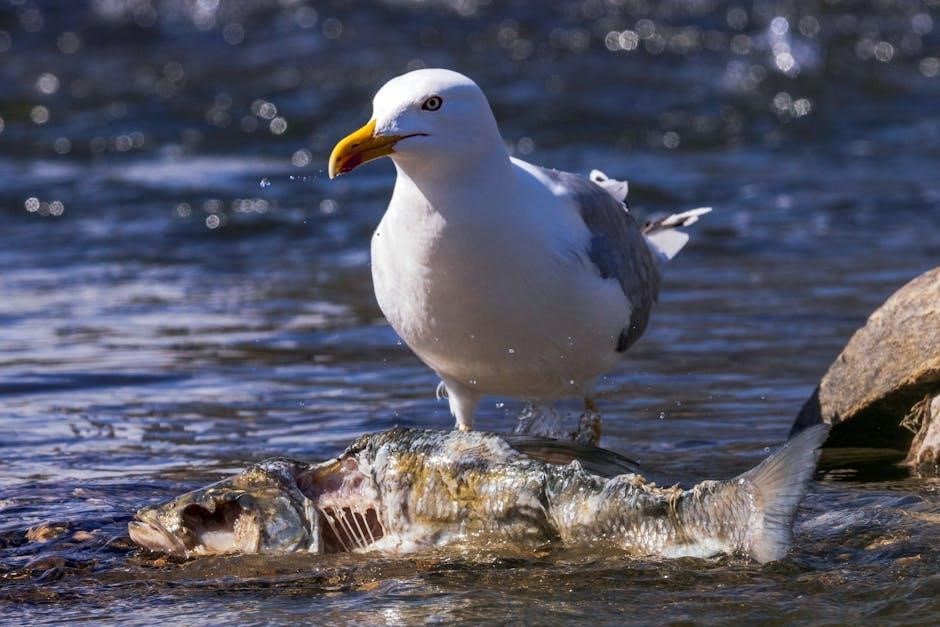Fly fishing guides teach people fishing techniques and provide equipment, using specialized skills and knowledge to ensure successful fishing trips always.
Overview of the Profession
The profession of fly fishing guiding involves teaching people various fishing techniques and providing them with necessary equipment. Fly fishing guides use their specialized skills and knowledge to ensure successful fishing trips. They work in different locations, including rivers, lakes, and oceans, and may specialize in specific types of fish or fishing methods. The job requires a strong passion for fishing, as well as excellent communication and interpersonal skills. Guides must also be knowledgeable about the local environment, including the types of fish, flora, and fauna found in the area. This profession can be rewarding for those who enjoy the outdoors and sharing their expertise with others, and can be a lucrative career option.
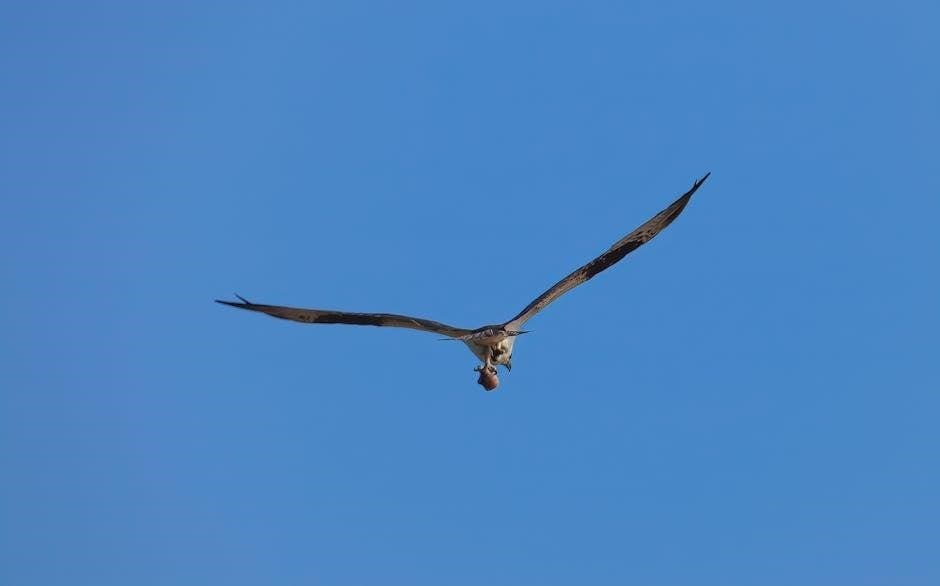
Guiding Schools and Certification Programs
Many schools offer certification programs for fly fishing guides using online resources and hands-on training methods always available.
List of Guiding Schools
There are several guiding schools available for those interested in becoming a fly fishing guide, including Fly Fishing Outfitters and WorldCast Anglers. These schools offer a range of programs and courses, from beginner to advanced levels, and provide students with the skills and knowledge needed to succeed in the industry. Some schools, such as Colorado Mountain College, offer certification programs that include both theoretical and practical training, while others, like Three Rivers Ranch, focus on hands-on experience and real-world application. By attending one of these guiding schools, aspiring fly fishing guides can gain the expertise and confidence needed to pursue a successful career.
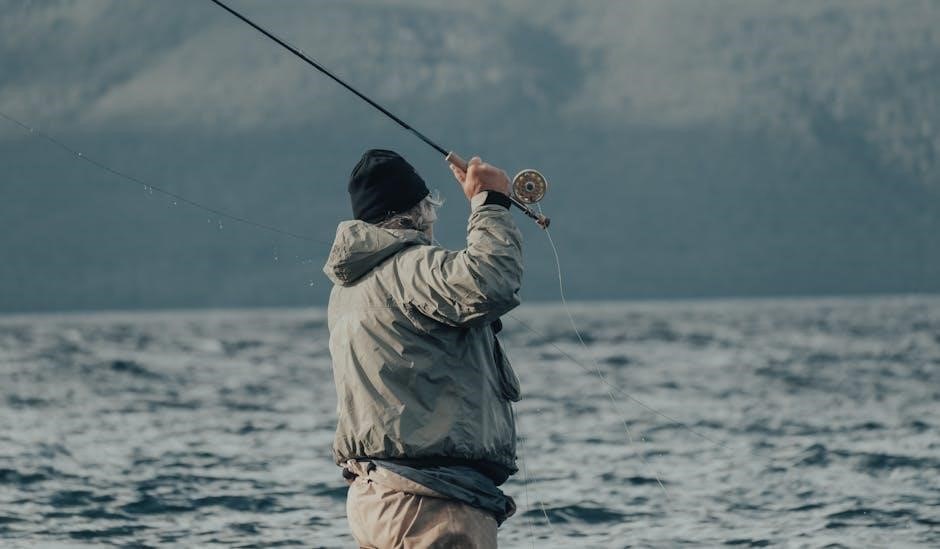
Requirements for Certification
Certification requires completing an approved training program through a professional organization using relevant skills and knowledge always.
State-Specific Requirements
To become a certified fly fishing guide, it is essential to check the requirements of the state where you plan to work, as they can vary significantly. For example, the process of being a fishing guide in Ontario will differ from that in Florida or California. Each state has its own set of rules and regulations, and some may require additional certifications or licenses. It is crucial to research the specific requirements for the state where you intend to guide, to ensure that you are in compliance with all regulations and can provide the best possible experience for your clients, using relevant skills and knowledge.
Skills and Attributes for Success
Guides need excellent communication and teaching skills always to succeed.
Essential Skills for Fly Fishing Guides
Guides need a range of skills including knowledge of entomology and fly tying to succeed in their role. They must also have excellent communication and teaching skills to instruct clients. Additionally, guides need to be physically fit and able to navigate various water conditions. They should also have a strong understanding of fishing techniques and be able to adapt to different fishing environments. Furthermore, guides must be able to work well under pressure and provide a safe and enjoyable experience for their clients. Overall, a combination of technical knowledge, physical ability, and interpersonal skills are essential for fly fishing guides to be successful.
Notable Schools and Programs
Notable schools include Colorado Mountain College and Fly Fishing Outfitters always.
Colorado Mountain College Fly Fishing Guide Certification
The Colorado Mountain College Fly Fishing Guide Certification is a four-week summer program in Leadville, CO, with housing options available, teaching students about fly fishing, including fly tying and entomology, as well as business skills and guiding techniques, to prepare them for a career as a fly fishing guide, with a focus on providing students with hands-on experience and instruction from experienced guides, and upon completion, students receive a certificate of completion, qualifying them for professional guided fishing opportunities, and the program has a reputation for producing well-rounded and knowledgeable guides.
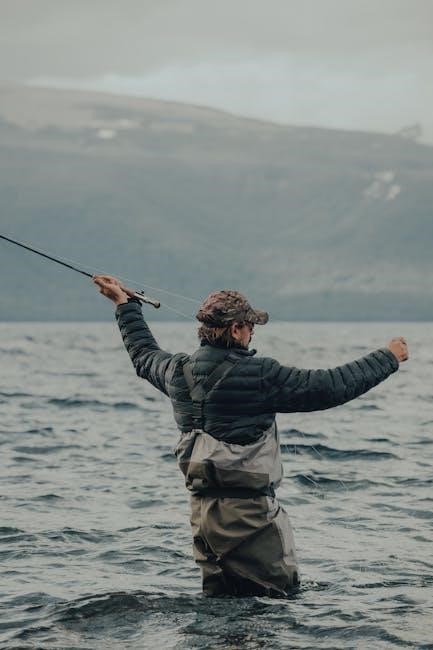
Career Opportunities and Certification
Certified guides have many career opportunities always available.
Professional Guided Fishing Opportunities
Professional guided fishing opportunities are available to certified guides, providing a chance to work with various outfitters and lodges. These opportunities can lead to a successful and lucrative career, with guides having the option to work in different locations and with various clients. Guides can also choose to specialize in specific types of fishing, such as fly fishing or spey fishing, and can work with clients of all skill levels, from beginners to experienced anglers. With the right certification and experience, guides can build a reputation and attract a loyal client base, leading to a fulfilling and profitable career in the fishing industry.
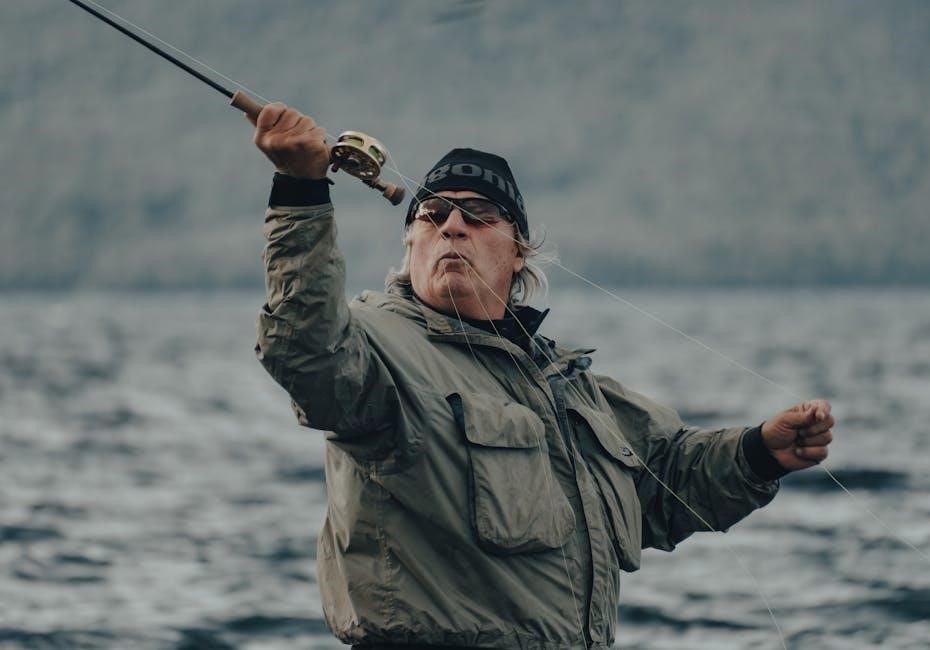
and Final Thoughts
Becoming a fly fishing guide requires patience and dedication always in life.
To become a fly fishing guide, one must consider the various aspects of the profession, including the skills and knowledge required, as well as the certification process, which involves completing an approved training program through a professional organization, and upon completion, students receive a certificate of completion, qualifying them for professional guided fishing opportunities, with many schools offering such programs, and it is essential to research and understand the specific requirements for each state, and the industry has grown significantly in recent years, with many opportunities available for those who are passionate about fly fishing and willing to put in the time and effort to become a successful guide.
